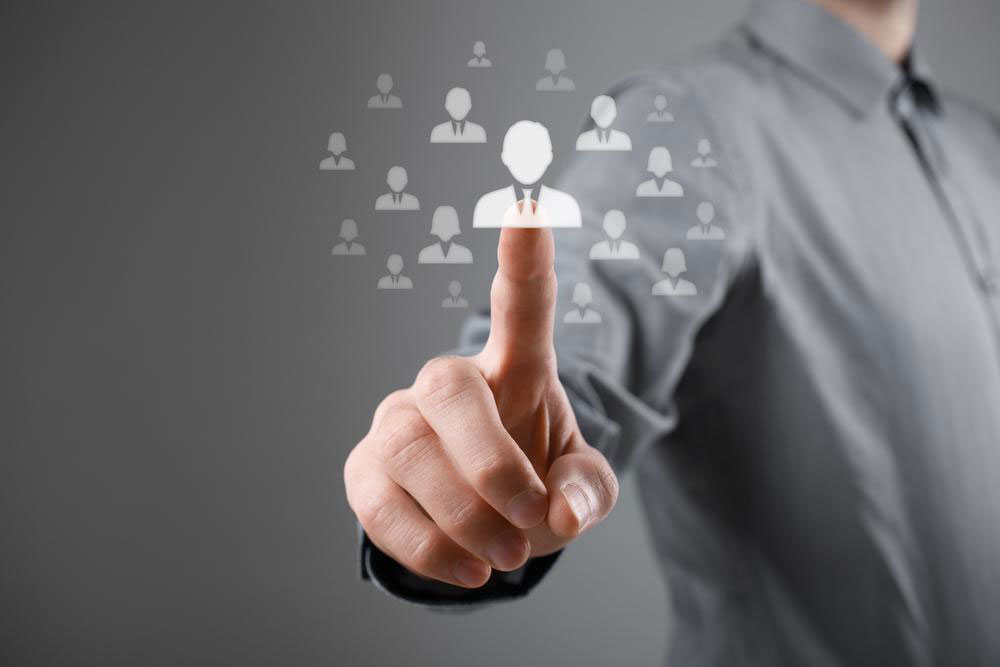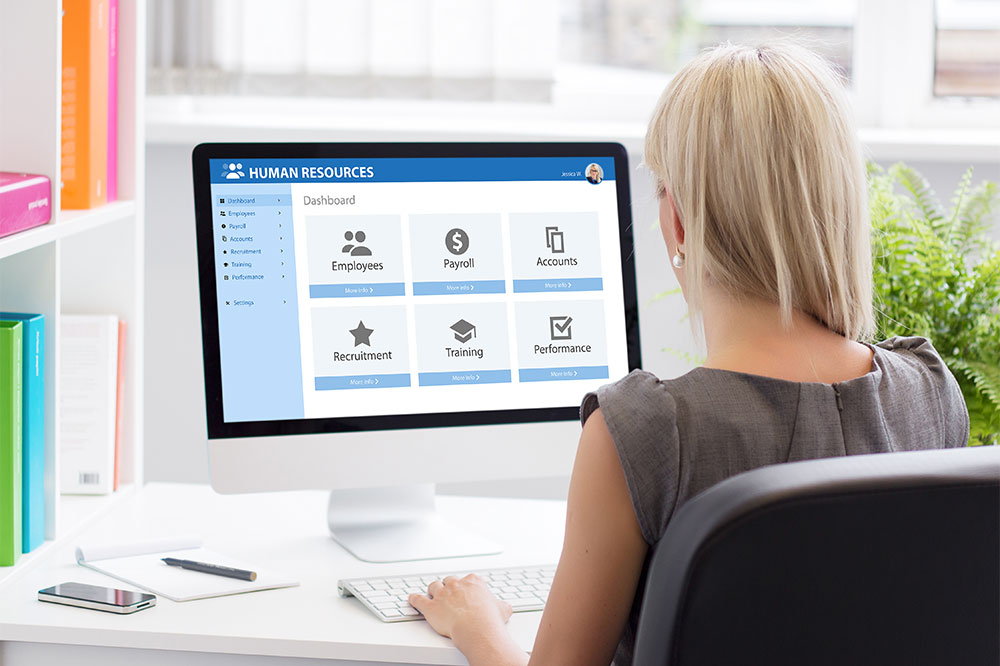Essential Functions of Payroll and HR Management in Modern Organizations
This comprehensive article explores the vital roles of payroll and HR management within organizations, emphasizing their importance in employee satisfaction, legal compliance, and operational efficiency. It details the structure, responsibilities, and processes involved, highlighting how these functions collaborate to ensure smooth organizational functioning. The article also discusses the significance of digital documentation, quality control, and continuous improvement in payroll operations, providing a thorough understanding for HR professionals and organizational leaders seeking to optimize their HR and payroll systems for long-term success.

Understanding the Critical Roles of Payroll and HR Management in Today's Businesses
In the dynamic landscape of modern business, the Human Resources (HR) department holds a pivotal position, functioning as the backbone for organizational success and sustainability. While some companies might operate HR functions independently or outsource certain tasks, the presence of a dedicated HR team remains indispensable for effective management of workforce-related processes. HR is responsible for overseeing a broad spectrum of duties, including talent acquisition, employee relations, compliance, training, and exit procedures, ensuring that organizational objectives align with employee well-being and regulatory standards. Among the various functions within HR, specialized subdivisions focus on core activities such as payroll processing, recruitment, and operational management. These units collaborate seamlessly or operate independently to ensure that the organization runs smoothly and efficiently, fostering a positive work environment and maintaining operational continuity.
Within the organizational structure, each sub-team is led by a manager who reports upward to the HR department head. Specifically, the payroll team assumes vital responsibilities critical to employee satisfaction and legal compliance, including:
Delivering comprehensive payroll services that encompass not only salary computations but also critical financial planning aspects such as tax planning, investment advice, and financial counseling. This ensures employees have clarity and confidence in their compensation and benefits.
Maintaining detailed and secure employee portals that serve as a digital interface for viewing payroll data, generating reports, and accessing related information. These portals empower staff to manage their payroll details independently, fostering transparency and engagement.
Serving as an integral part of HR, the payroll team manages a significant portion of employee-centric services, addressing issues from salary disbursement to tax deductions, benefits administration, and compliance.
The payroll team also handles technical questions and customer service inquiries related to compensation. Their responsibilities include resolving concerns about pay scales, salary hikes, tax deductions, and other financial matters communicated via multiple channels such as email, dedicated online portals, and toll-free helplines. These inquiries are managed within strict deadlines to ensure timely resolution, enhancing employee satisfaction. To uphold service quality, the HR department continuously monitors and evaluates payroll processes, providing feedback for continuous improvement. All procedures, standards, and solutions are meticulously documented in digital form, creating a comprehensive knowledge base for future reference. Any updates or new procedural implementations undergo thorough documentation and require approval from the change management board before enactment, ensuring consistency and control over payroll operations.
In conclusion, the partnership between payroll and HR functions is vital for fostering a harmonious and legally compliant workplace. Efficient payroll management not only guarantees accurate and timely employee compensation but also enhances overall organizational efficiency and reputation. As organizations grow and evolve, the significance of streamlined payroll and HR practices becomes increasingly evident, underlining the need for robust systems, skilled personnel, and continuous process improvement to support sustained business success.




